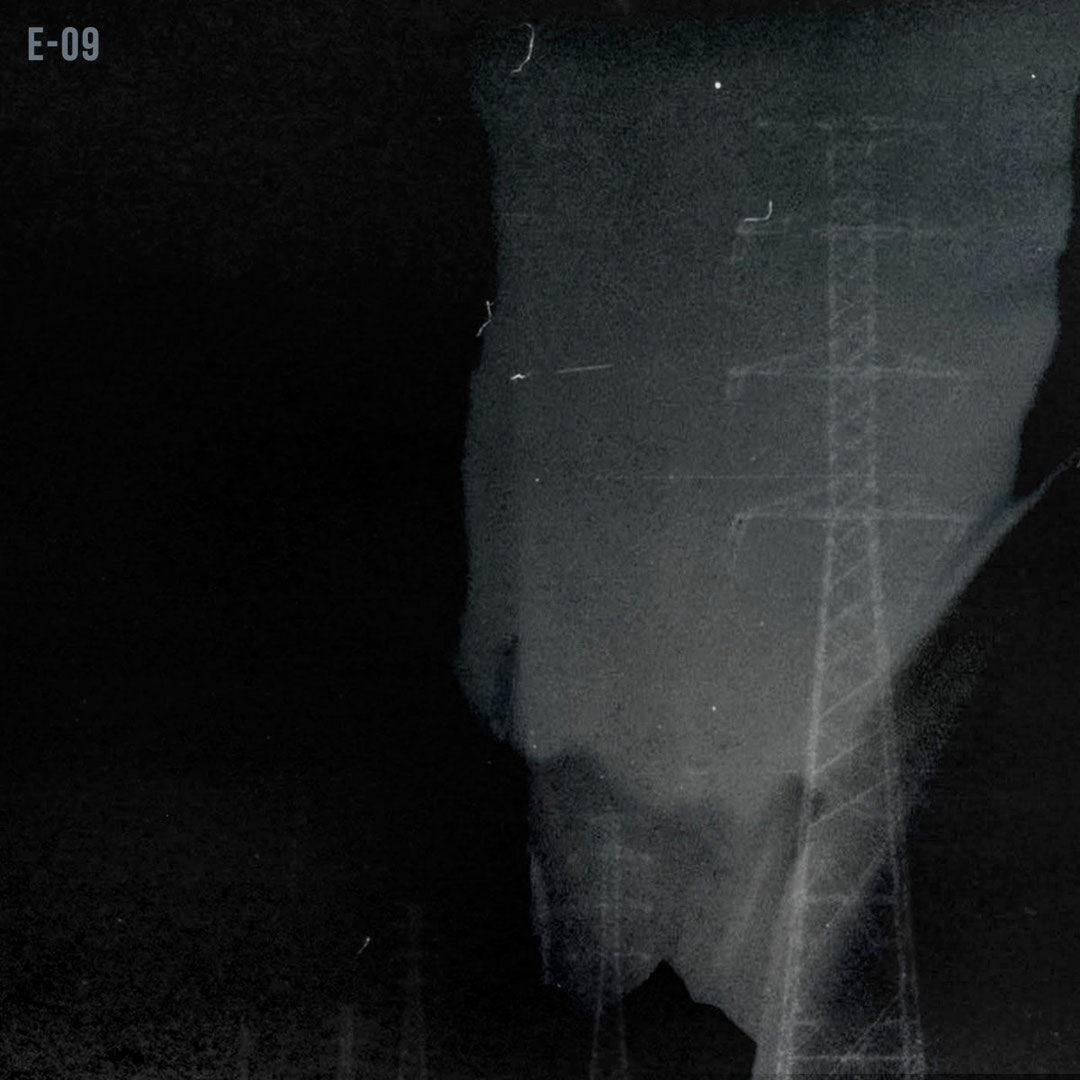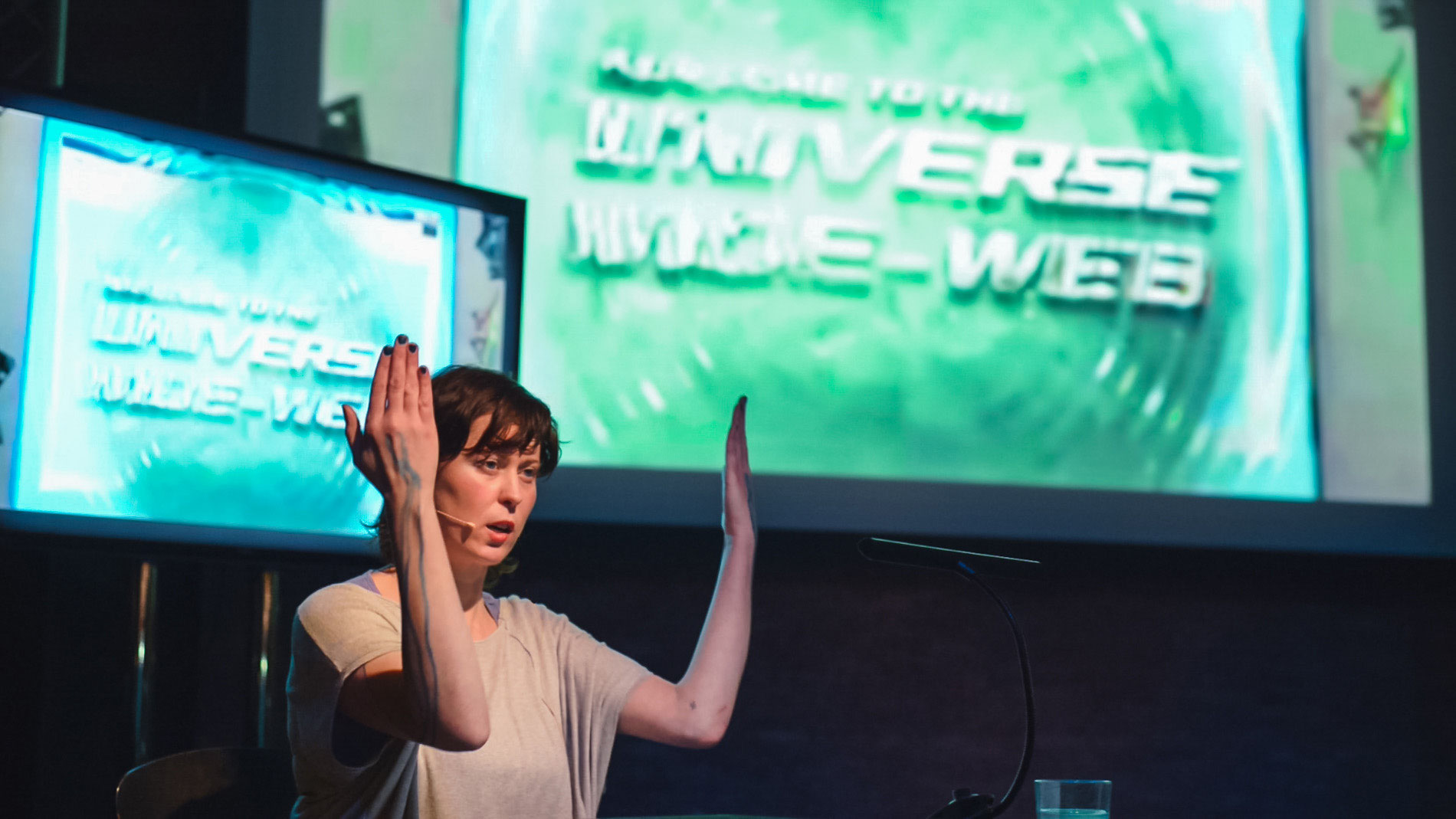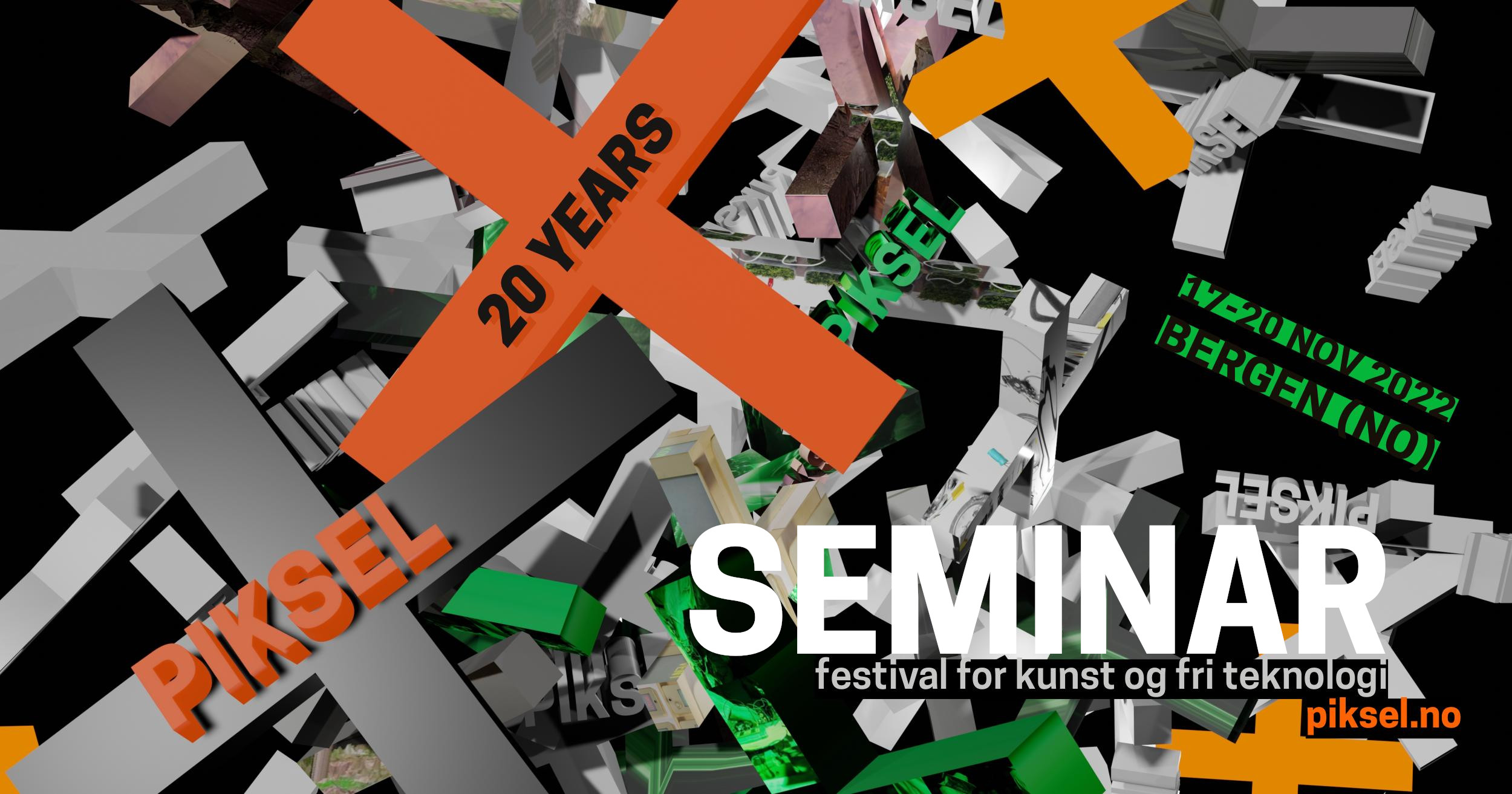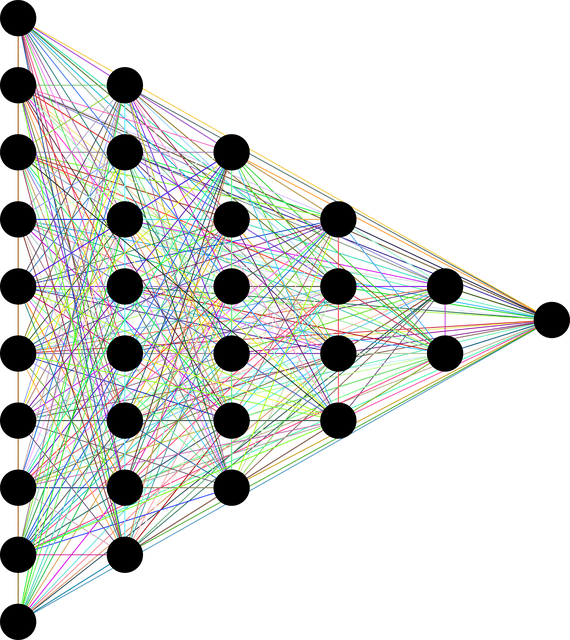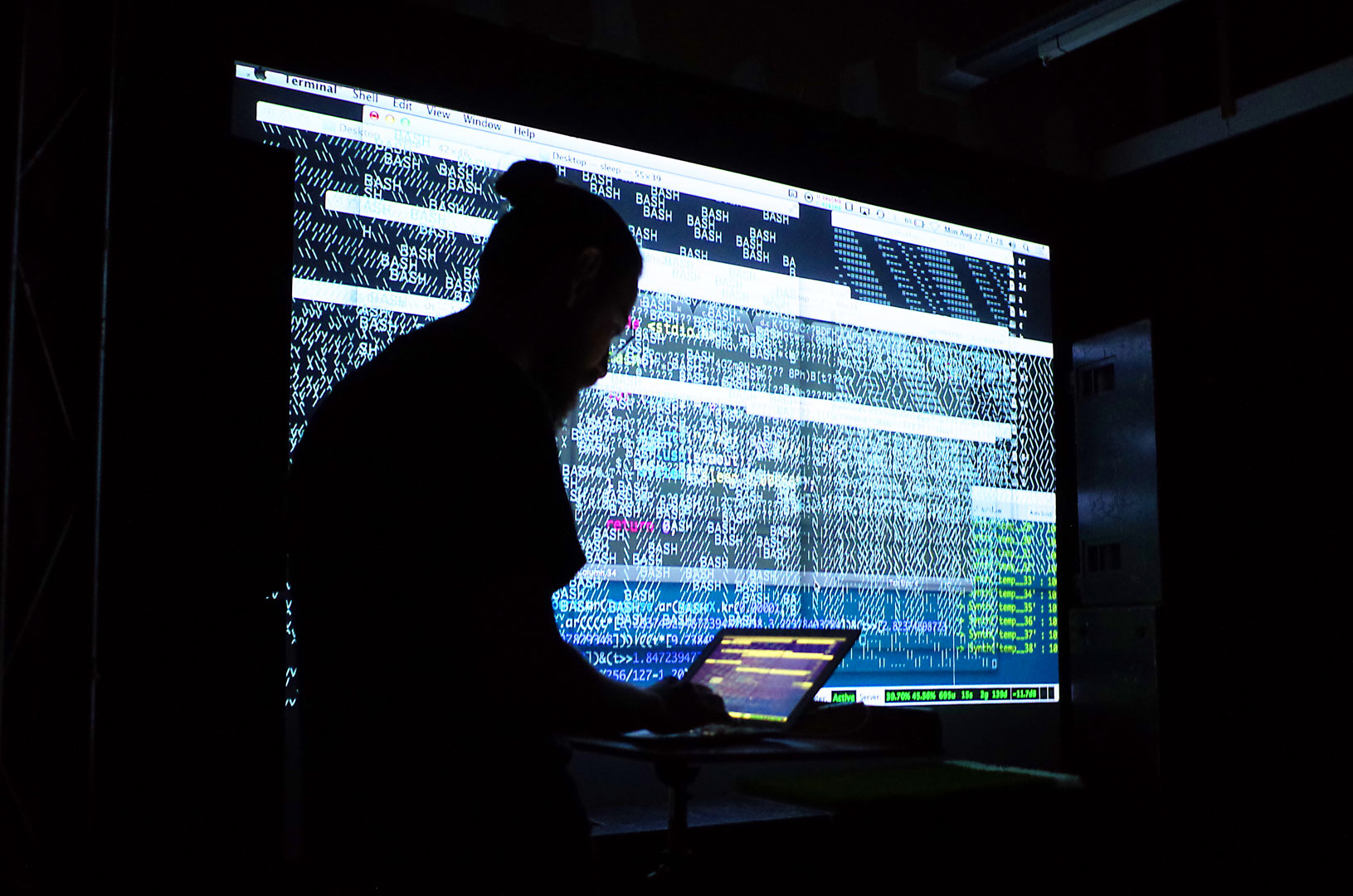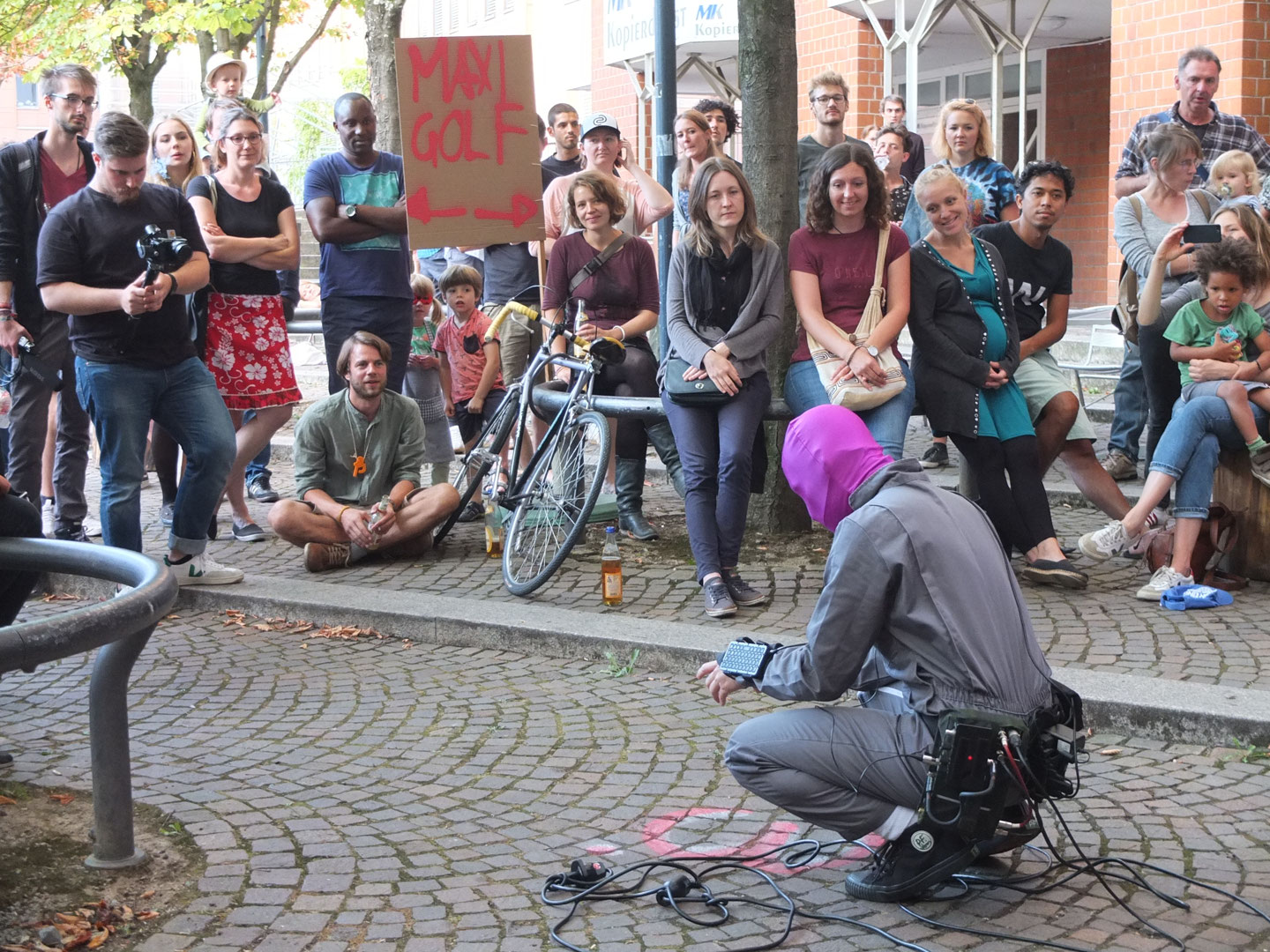Alexandra Maciá, Seamus O’Donnell
E-09 focuses on producing a live sound aesthetic composed of a collage of influences. While the live input of voice and electronic instruments is important, so are the frequencies of the radio bands and electromagnetic spectrum. Sources can include LW, SW and FM radio, where local electronic devices along with self-built mini FM transmitters interfere with normal reception. Power supplies feeding the devices used provide a color palette of EM spectrum tones to intuitively discover and manipulate. Other sources of electromagnetic sounds are the motors of the instruments used, such as the Dictaphone and the CD player picked up by a DIY broadband receiver for electromagnetic radiation. Other DIY instruments used are a digital circuit bending synthesizer and a circuit curve enhancer.
Once captured all these elements are filtered, dissected and then superimposed on themselves through repetition of patterns which in turn are destroyed – generating an organic, dynamic and progressive audible universe.
E-09 is collaborative live audio project developed by Alexandra Maciá and Seamus O’Donnell at the end of 2021. Their combined explorations envelop a wide range of approaches and intended outcomes. Always welcoming of fresh challenges E-09 thrive on a DIY attitude with an eye on the visualization of sound within the minds of their audience.
Alexandra Macia is a sound artist from Granada, Spain. Since her move to Berlin in 2015, she has been investing in analog sound and working with handmade instruments, sound recordings, loops, feedback, and electromagnetic signals which she processes using a modular synthesizer to sculpt cinematic compositions through the deconstruction of textures and noise.
Seamus O’Donnell works can include radio frequency experiments, manipulated field recordings, self made devices, amplified objects and magnetic fields, no-input mixer as well as other more traditional instruments and voice. Improvisation is probably the most important factor.
As an organiser O’Donnell works with the registered association, Salon Bruit e.V., a platform for experimental music and with ColaBoraDio, a part of the Freien Radios Berlin Brandenburg, as presenter and programmer on the local frequency 88.4FM.


